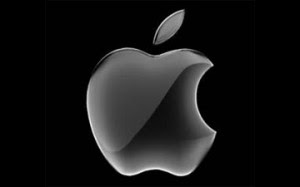The Cupertino, Calif.-based company has most of its money in overseas investments — $54 billion of its $85 billion in cash is kept out of the United States, according to a story on investment website SeekingAlpha. By 2014, it is estimated, Apple could have $150 billion.
The SeekingAlpha story speculates that Apple’s offshore accounts will continue to appreciate because of the booming overseas’ economies in which the cash is invested. The money is in yen, real and euros.
If Apple wants to move that cash stateside, they’ll have to pay a hefty American corporate tax rate. Fortune reported last year that Apple lobbied for a one-year break from repatriation in an effort dubbed the “Win America Campaign,” with the aim of bringing offshore corporate reserves back to the U.S. at a discounted rate.
The possibility that corporations could pay a lower tax rate than civilians caused a hubbub and resulted in protests. Last summer the group US Uncut demanded Apple “leave the tax cheat lobbying group and stop lobbying Congress for more tax loopholes.” Apple later backed out of the campaign.
The U.S. corporate tax rate is around 35%, one of the highest in the world. But few business pay the full 35% — due to loopholes in the tax code. Some companies, such as GE, paid no federal taxes in 2010; GE claimed a $3.2 billion tax benefit. Some companies even pay a negative tax rate — meaning the government is paying them to operate here.
In fact, the tax rate in the United States is lower now than it was in the 1980s for many large corporations [PDF]. In 1986, the corporate tax rate for businesses earning more than $1,405,000 was a flat 46%.
We reached out to Apple to ask if they have considered moving more of their operation overseas, and what its response is to those who criticize its push to bring their overseas investments back to the U.S. at a lower tax rate. But what do you think about the way Apple run its business? Tell us in the comments.






0 comments:
Post a Comment